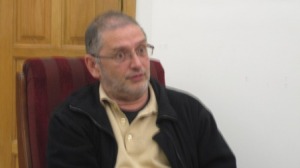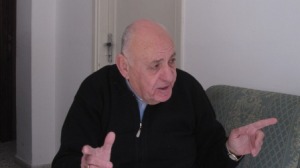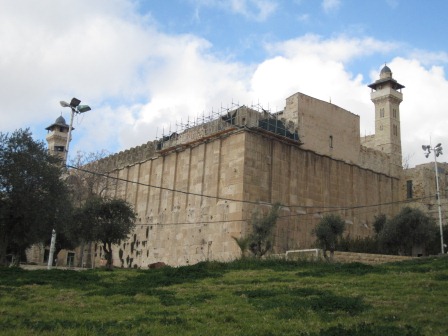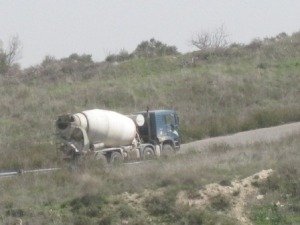It has been more than a month since we have been back in the USA and we are making the adjustments to our “regular”, pre-Israel/Palestine life. We faced the plethora of regular life things that have accumulated in our absence: a pile of mail, getting a handle on bills and finances, paying taxes, dealing with a tree root clogged toilet. Life goes on.
It is a luxury that we as Americans can jet out of the occupied Palestinian Territory and almost forget about all the suffering and difficulties that we left there. We have gotten used to not seeing soldiers in their full battle dress and automatic weapons whenever we go out. Life goes on. Unfortunately life goes on for Palestinians in the Occupied Territory. They don’t have the opportunity to escape or forget. Ruth and I have not totally forgotten. Via the internet I check in on the areas that became important to me during my three months in Palestine. Here are a few of things I read that remind me that life also goes on for Palestinians in the West Bank:
• You may have seen that a terrible murder of a settlement family (mom and dad and three children including an 18 month old) happened in Itamar, the settlement that surrounded Yanoun where I lived. As a result of that, Awarta, a village that I had visited a number of times and the one closest to the residential area of Itamar was put under total curfew for 4 days as the Israeli officials investigated the murder. This meant not going to work or school or to the doctor or to get groceries, just stuck in your home for 4 days. In the midst of that a jeep went through the street one day announcing that all men 15-50 needed to assemble in the town square. There were nightly arrests with many houses searched with much property damage. More than 300 men were detained. And some news services (certainly not Israeli) are reporting that a Thai worker at Itamar is being investigated for the murders in a dispute over allegedly withheld wages. Palestinians may not have been involved at all. Life goes on.
• The village of Ein Al Hilweh in the Jordan valley, another village we visited often, continues to suffer harassment from the nearby Mashiyyot settlement. Settlers have set up a tent within yards of the tent home of one family who have lived in that particular spot for over 15 years. The IDF intervened and evicted the Palestinian family “for their protection and to reduce tension in the area”. Life goes on.
• Khirbet Tana is the village that had a number of homes demolished by the IDF just before I moved to Yanoun in December of last year and suffered demolitions twice more while I was there. Within a few weeks of our leaving Israel this little village suffered another demolition. Life goes on.
Now that I am back, I am attempting to catch my breath, but I am ready to go to work. I feel a strong sense of urgency to help Americans and particularly those who are evangelical Christians have a broader and clearer understanding of what it means for “life to go on” in the occupied territory and grasp the destructive impact of this military occupation on both Israelis and Palestinians.







































